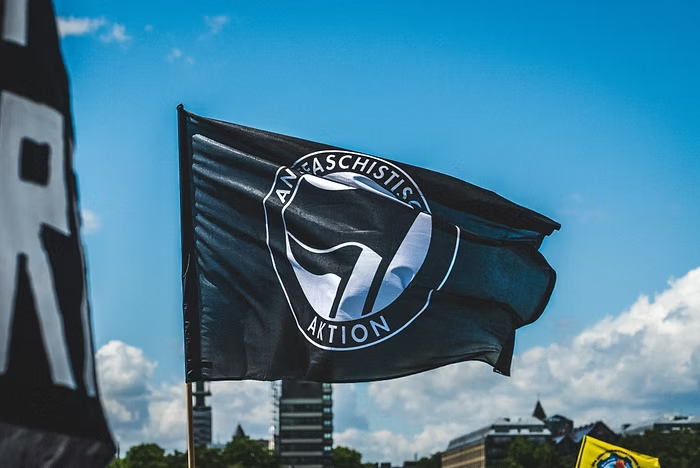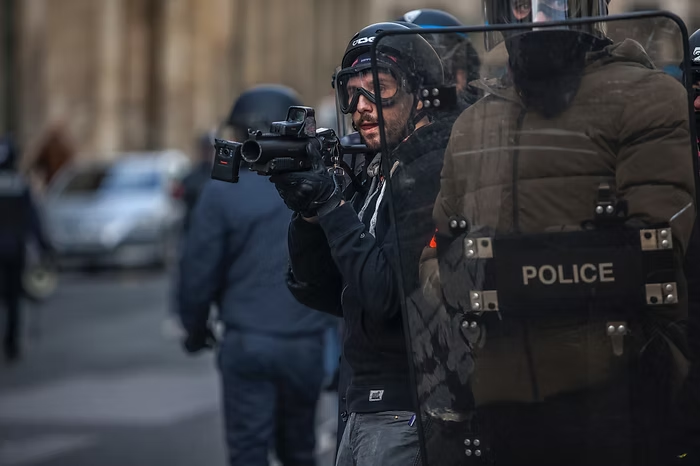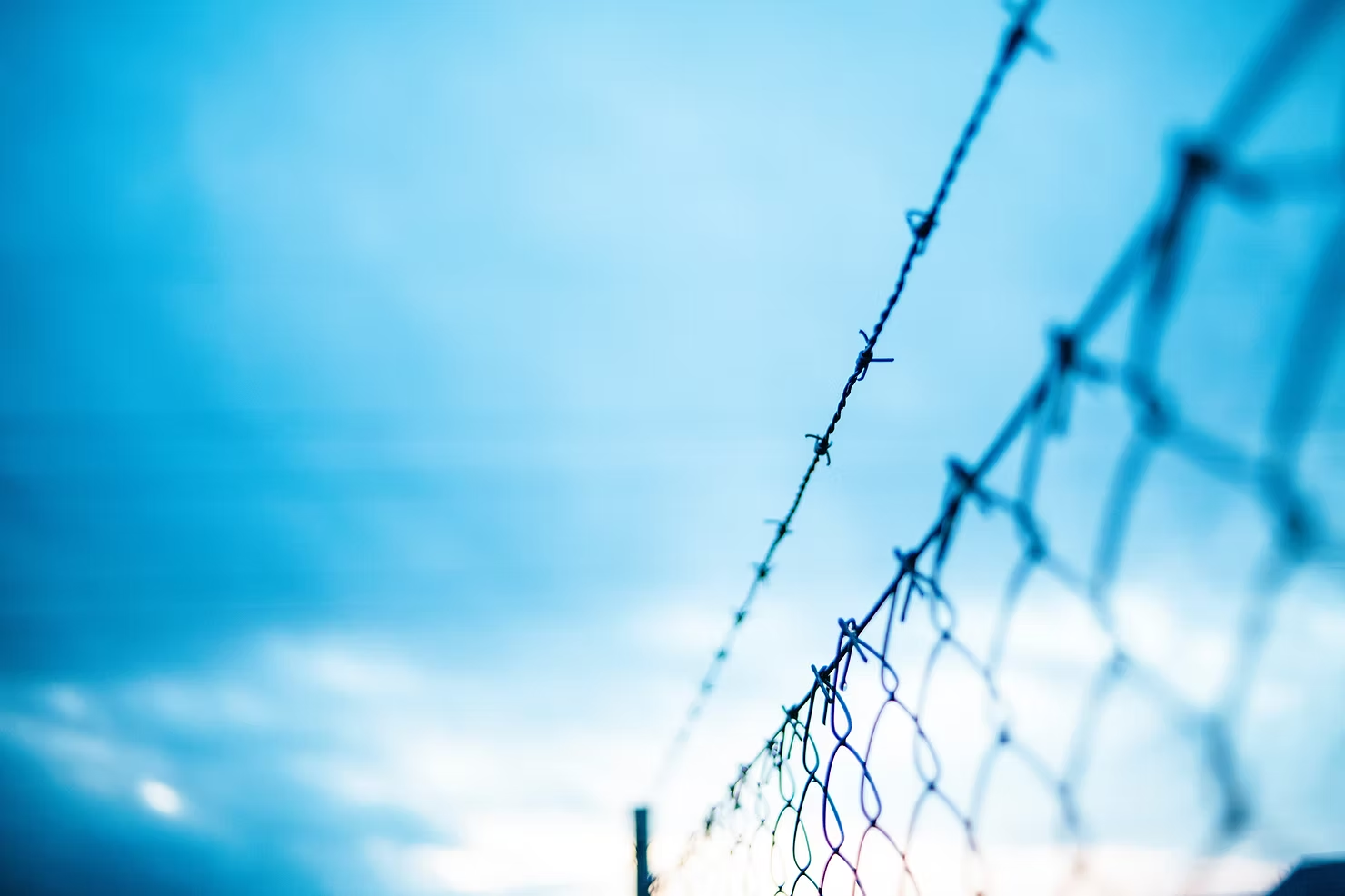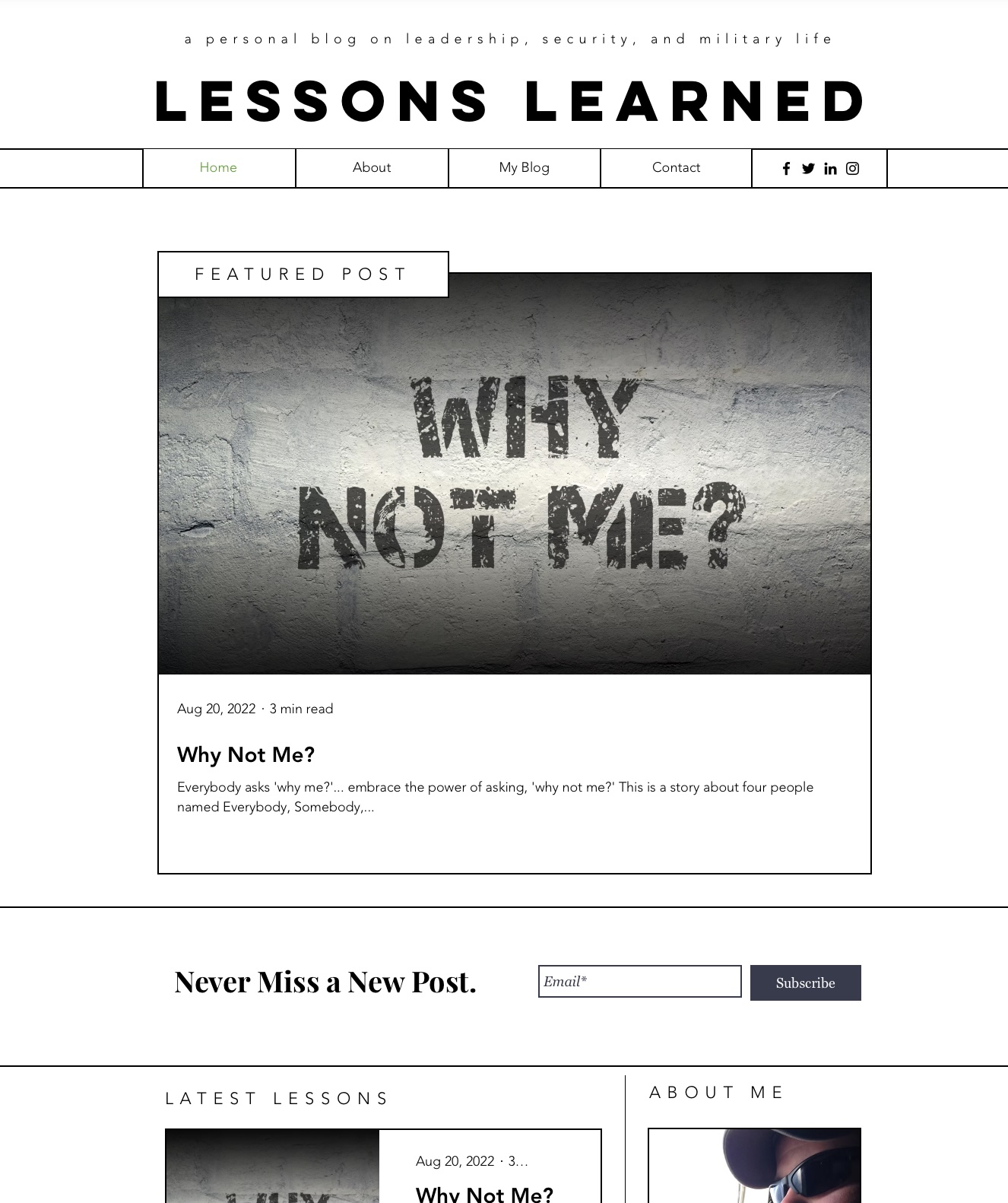While there are groups within the U.S. that fit most definitions of terrorism, the greatest danger may be from ourselves.
President Trump made for some interesting news on Sunday, 31 May, when he tweeted that he would be designating antifa (short for anti-fascists) as a terrorist organization. As a response, many signed a petition calling for the same thing to happen to the Klu Klux Klan (or KKK), citing the higher rates of violence from white nationalists. This attempt at seeking a left-leaning organization to hold responsibility for any violence occurring during protests over the killing of George Floyd is problematic for several reasons:
- Antifa is not an organization.
- There’s no U.S. federal law against domestic terrorism.
- Modern counterterrorism tactics make these points extremely problematic in the context of our civil liberties.

What is antifa?
At most, antifa is little more than an easily-assumed mantle used by left and libertarian-leaning activists who wish to take a more active role against what they perceive to be fascist people or actions by people in power. It is better described as a political movement, like feminism or conservatism. In both examples, numerous feminist and conservative organizations are identified and don’t always agree with each other. To date, no specific anti-fascist organizations have risen to a significant level that requires the kind of national coordination presumed by the administration.
That’s not to say that some protestors wouldn’t personally identify as antifa – peaceful or violent – but they would be hard-pressed to point out any specific association or group membership. There are internet resources, but most are written like typical activist literature, sharing ideas and methods for implementation. These resources are rarely from a single source or posted on a single authoritative web site.
Contrast this to a real terrorist organization, like Al-Qaeda, who operates in a far more hierarchical fashion. They have a centralized message that’s communicated through a media arm, producing literature, audio recordings, and videos that all speak to the same message. The closest they get to disorganization is through the networked cellular structure of their operational arms; even then, there is a traceable hierarchy for command and control.
Understanding that antifa as a formal organization does not exist is essential. There is no realistic way of identifying who is a member and who isn’t. The KKK, on the other hand, has identifiable members, a central hierarchy, and violent political goals. Adding them to a list of terrorists should be easy, right?
The Myth of Domestic Terrorism
Not so fast. The Secretary of State maintains our list of Foreign Terrorist Organizations (FTOs) in accordance with section 219 of the Immigration and Nationality Act. Before they add a group, they must pass three legal tests:
- They must be a foreign organization.
- They must be engaged in terrorist activity or terrorism, as defined by U.S. law.
- Their activity must be a valid threat to U.S. national security, its people, or its interests.
Why isn’t the KKK on there? Because our list of FTOs is exclusively for foreign terrorists, which are the only ones the Federal Bureau of Investigations has jurisdiction over. We have neither a list of domestic terrorist organizations nor a federal law enforcement agency empowered to handle them. Domestic terrorism is a myth because there are no specific legal provisions against it, and that’s a good thing.

Counterterrorism and Civil Liberties
The attacks on the U.S. on 11 September 2001, were a shocking wake-up call for people worldwide. Particularly impacted were any personnel dedicated to the professional counterterrorism (or CT). Prior to those attacks, an aircraft hijacking always resolved in the same ways: either negotiation or a direct assault by CT-trained forces. If they negotiated, analysts would take over to attempt to track the perpetrators and their organization down and bring it to justice.
This is precisely how law enforcement typically works: you either stop a crime while it’s happening or gather evidence and arrest the offender(s). The 11 September attacks changed that approach for many CT specialists because there was no opportunity for negotiation or an assault. Shortly afterward, well-meaning legislators granted various military, intelligence, and law enforcement organizations the legal authority to use numerous sweeping surveillance capabilities. The stated goal was to stop the next attack before it happened. They wanted CT to be proactive rather than reactive. Many organizations approved to perform CT-related tasks have broad authorities to capture (or kill, when necessary) personnel believed to have the intent to conduct terrorist activities. This grave responsibility is fraught with risk since the threshold for evidence isn’t nearly as high as for a conviction under domestic law.
The rules are substantially different for U.S. persons than they are for terrorists. While I have my misgivings based on my interpretation of the U.S. Constitution and its intent, our Supreme Court has routinely upheld that Constitutional protections only apply to U.S. persons. There are zero protections of the civil liberties of foreigners, so the FTO must be restricted to foreign terrorists. Furthermore, the vast majority of domestic crimes fall within the jurisdiction of the states. Even if antifa did exist, like the KKK, they would be arrested if they decided to break state laws. This is entirely a good thing.
Imagine if there was a list of domestic terrorist organizations. To make it effective with current CT tactics, we would need to strip our civil liberties dramatically. Furthermore, consider the explicit threat of adding a non-organization like antifa to such a list. Doing so creates an environment where nearly anyone can be accused, arrested, detained, and potentially convicted (or killed) for a crime that hasn’t even occurred.
Conclusion
As you’ve no doubt noticed I hold our freedoms in very high regard. While I can appreciate the intent behind suggesting that violent groups in the U.S. be added to a domestic parallel to the Department of State’s FTO list, I cannot abide by it. There’s no current legal standing for it, and I’d prefer to keep it that way based on my understanding of the modern proactive approach to CT. Phillip K. Dick’s 1956 sci-fi book, The Minority Report (later popularized in a 2002 film adaptation by Steven Spielberg starring Tom Cruise) on prosecuting individuals for crimes that haven’t yet happened was meant to be a dour warning, not a helpful blueprint. While this stance arguably helps protect members of the reprehensible KKK, it also protects us from even more invasive law enforcement practices and the dangerous consequences of being associated with a non-existent organization.


